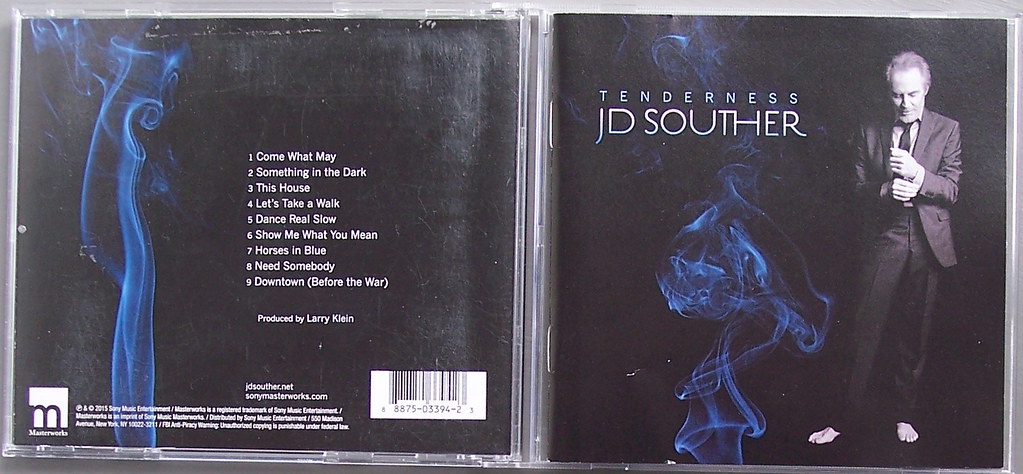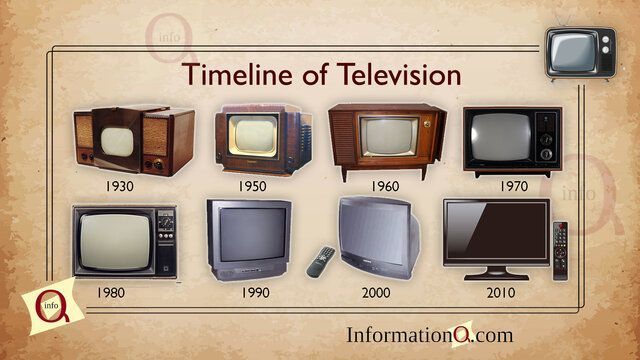
There exists something uniquely captivating about the medium of television, a constant presence in our lives that has undergone dramatic evolution over the decades. It serves as a venue where intricate narratives unfold, characters evolve into familiar companions, and moments—sometimes merely a single spoken line—can send ripples throughout the entire series, fundamentally transforming everything we believed we understood. These revelations do not merely provide a transient thrill; they reshape our comprehension, compelling us to reassess every scene that preceded them.
Such moments are profoundly gratifying, causing all that you had previously pondered to seamlessly fall into place. They invert the entire show, drawing viewers deeper into its realm and igniting discussions that extend into real life. It is the type of transformative storytelling that leaves you completely engrossed, eager to persuade everyone you know that they simply must experience it firsthand.
We are about to embark on a journey through some of the most remarkable instances in which a single, unforgettable line entirely transformed a television series. These are the lines that redefined characters, defied expectations, and cemented their place in television history, demonstrating the tremendous power of concise and impactful writing. Be forewarned—what follows contains significant spoilers for these cherished shows.

1. **The Good Place**: The premise of The Good Place immediately captivated viewers: After Eleanor’s demise, she awakens in what appears to be the Good Place, a heavenly afterlife designated for individuals who have performed genuinely remarkable and selfless acts during their lifetimes. Eleanor, a self-proclaimed “Arizona trash bag,” swiftly realizes that she does not belong among the truly virtuous souls. Her ensuing struggle to assimilate and evade detection, coupled with the assistance of Chidi, an ethics professor, constitutes the initial comedic and philosophical foundation of the series.
However, as the first season unfolds, subtle inconsistencies begin to emerge, engendering a mounting sense of unease. Eleanor and her new companions—Chidi, Tahani, and Jason—find themselves consistently in dire, exasperating, or torturous circumstances that appear to contradict the very essence of a perfect afterlife. Viewers, alongside the characters, commence questioning the true nature of their surroundings, pondering why perfection seems so persistently problematic.
Then arrives the seismic “gasp” moment, articulated with chilling clarity by Eleanor herself: “THIS is the Bad Place!” This singular line recontextualizes every interaction, every minor inconvenience, and every personal struggle endured by the group. It instantaneously elucidates why their attempts at goodness have been so fraught with difficulty, disclosing that they have been in the Bad Place all along, ingeniously designed to torture one another through psychological manipulation. The brilliance of this twist not only redefined the show’s entire premise but also cemented its reputation as a paragon of philosophical comedy.
Read more about: From ‘Nope’ to ‘Absolutely Devine’: We’re Ranking 8 Iconic Subway Sandwiches So You Don’t Have To
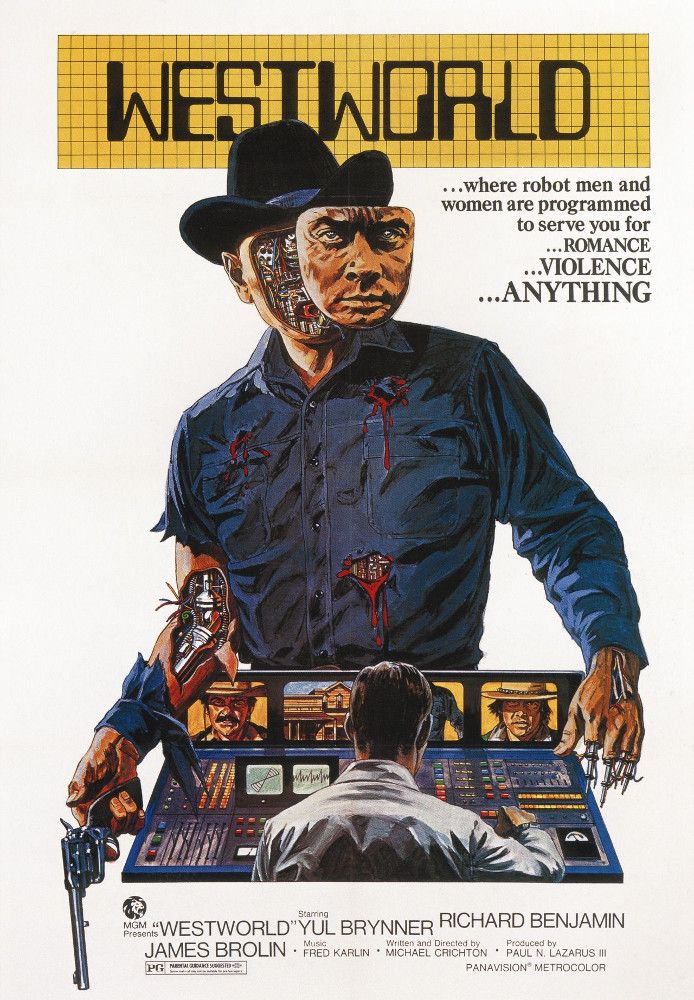
2. **Westworld**: Westworld established itself in its early stages as a series that demands meticulous attention, intricately delineating a complex set of rules governing its world. Among these foundational rules were several critical limitations imposed upon the robotic “hosts” inhabiting the Westworld park: they were explicitly prohibited from harming living beings, required elaborate backstories to fulfill their narrative functions, and equipped with “perception filters.” These filters prevented hosts from perceiving or comprehending anything from the human world that was not intended for their awareness, such as concealed infrastructure or clandestine laboratories.
This rule attained immense significance when applied to Bernard, a seemingly human programmer with a tragic past. The series had repeatedly demonstrated that if, for instance, a secret host-manufacturing laboratory possessed a door, the hosts would not perceive it; it would simply remain invisible to them. The audience, having internalized these rules, observed Bernard’s actions, including his apparent inability to perceive certain elements that human characters could.
The devastating realization arises when Bernard is confronted with something he should logically perceive but does not. His simple, bewildered question, “What door?”, shatters the established reality of the series. This singular line not only elucidates the extent of the hosts’ programming limitations but simultaneously plunges the narrative into profound disarray. It is the moment we discover that Bernard himself is a host, programmed to believe he is a genuine human. This revelation permanently destabilized the audience’s perception, compelling us to question the reality of every character and ensuring that we could never again be certain who in Westworld was truly authentic.
Read more about: 14 Films That Predicted the Future with Shocking Accuracy
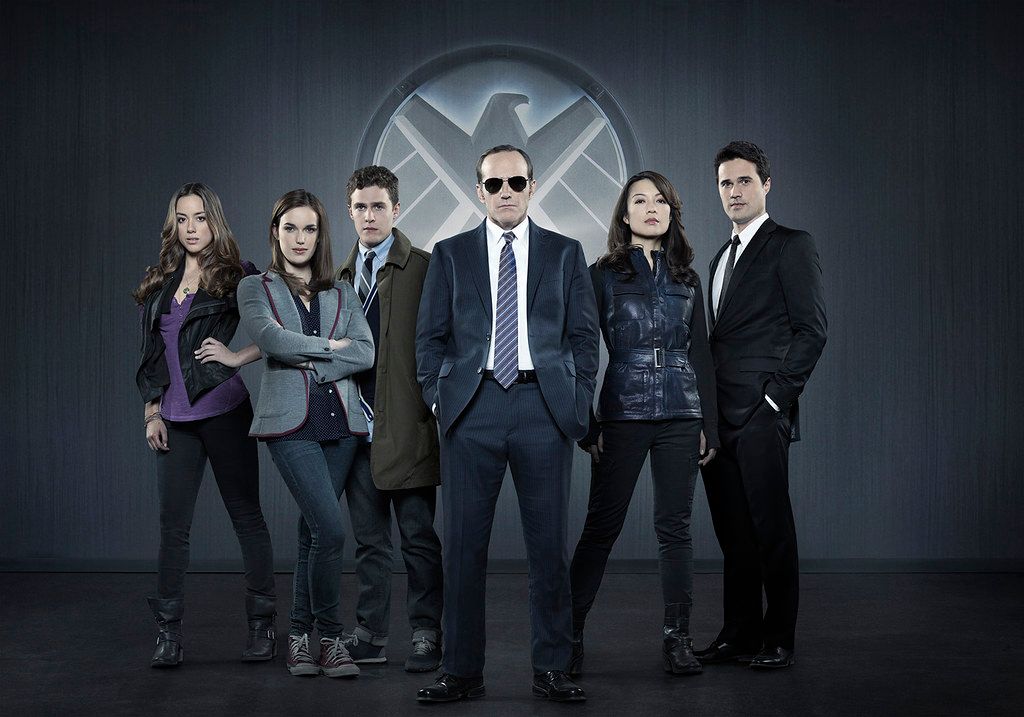
3. **Agents of SHIELD**: In the early seasons of Agents of SHIELD, Ward was portrayed as an exemplary agent: a hero, a central figure, and seemingly the unwavering linchpin holding the SHIELD organization together. His impeccable demeanor and unwavering commitment to the team garnered him the trust of his colleagues and the admiration of the audience. He was the quintessential paragon of virtue, a reliable constant in a world of espionage and shifting allegiances.
However, in a truly shocking twist that reverberated throughout the Marvel fan community, Ward uttered a phrase that instantly signaled profound betrayal: “Hail Hydra.” For anyone well-versed in Marvel lore, this phrase unequivocally constituted a declaration of allegiance to Hydra, SHIELD’s sworn enemy and a symbol of fascism and global domination. The words served as a direct, chilling repudiation of everything Ward had appeared to stand for.
This singular line immediately elucidated that Ward, despite his outwardly impeccable facade, had been functioning as a deep-cover double agent all along. His loyalty lay not with SHIELD, but with Hydra, for whom he had been actively working to dismantle the organization from within. The revelation not only devastated SHIELD, as he played a pivotal role in its downfall, but also shattered the audience’s perceptions of heroism and trust. It was a betrayal of such profound magnitude that the narrative explicitly compared it to the level of shock one would experience if Ned Stark had secretly been working for the White Walkers, a testament to its dramatic impact.
Read more about: Inside ‘The Beast’: Unveiling the Bulletproof $1.5 Million Presidential Limousine, A Mobile Fortress on Wheels

4. **A Series of Unfortunate Events**: Throughout the first season of A Series of Unfortunate Events, a pervasive sense of hope underpins the otherwise bleak narrative: the belief that the Baudelaire orphans’ parents, who are presumed dead in a house fire, are in fact alive and are working tirelessly to reunite with their three children, Violet, Klaus, and Sunny. This expectation is meticulously cultivated, leading viewers to believe that at any moment, their parents will burst through the door, rescuing them from the relentless miseries inflicted by Count Olaf.
The series meticulously builds towards this highly anticipated reunion. The narrative frequently shifts to scenes of two mysterious adults, who are clearly intelligent and resourceful, battling various obstacles in their desperate efforts to return home. Every peril they face and every clue they uncover reinforce the audience’s conviction that these are indeed the Baudelaire parents, and their arrival will finally bring an end to the orphans’ seemingly endless streak of misfortune.
Yet, all these carefully constructed expectations collapse in a single, gut-wrenching moment. As the parents finally run into what they believe to be their house, calling out names, they utter: “Duncan, Quigley, Isadora?” These are not the names of the Baudelaire children, but rather those of the Quagmire triplets. This line brutally confirms that the entire parallel storyline we had been following was a red herring. It solidifies the show’s dark promise from its opening theme song – that viewers should have looked away – by definitively denying the audience the very hope it had so masterfully built, thereby cementing the truly unfortunate nature of the series.
Read more about: From Roaring Powerhouses to Everyday Icons: 14 Cars That Defined the Dynamic 1920s
5. **Game of Thrones (Olenna Tyrell’s Confession)**: Game of Thrones was renowned for its shocking revelations, frequently delivering twists that redefined loyalties and motivations. One particularly masterful instance unfolds during Margaery’s contemplative discussion regarding Tyrion’s trial for the murder of King Joffrey. Her sharp-witted grandmother, Lady Olenna Tyrell, casually interjects with a definitive statement: that the Lannister had not, in fact, committed the regicide of which he stood accused. This immediately piques Margaery’s curiosity and, by extension, that of the audience.
Margaery, ever pragmatic, expresses doubt, informing her grandmother that she cannot possibly ascertain with certainty who was responsible. This sets the stage for Olenna to deliver one of her most iconic lines, a testament to her strategic genius and ruthless pragmatism. The tension mounts as the audience, much like Margaery, awaits Olenna’s response—whether she will retract her statement or elaborate on her seemingly baseless claim.
With a cutting finality, Lady Olenna reveals, “But I do know.” This simple, declarative sentence alters everything. It confirms that the indomitable Tyrell matriarch was the true mastermind behind Joffrey’s death, having meticulously conspired with Littlefinger to eliminate the tyrannical king. Her motive was not political gain in the traditional sense, but rather a deeply personal, protective act: to spare her beloved granddaughter from being married to a psychopath. This single line not only exonerates Tyrion in the eyes of the audience but also redefines Olenna as a truly formidable and morally ambiguous force, willing to commit murder for the sake of her family’s well-being.
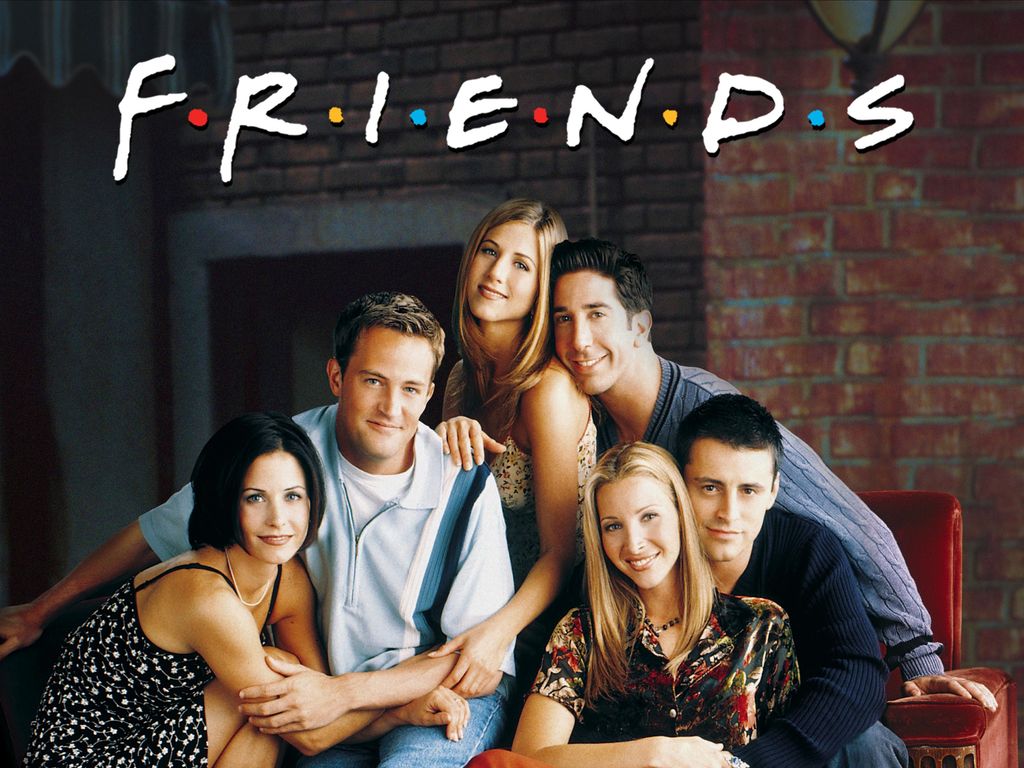
6. **Friends (Ross’s Sweater)**: One of Friends’ most memorable cliffhangers revolved around the paternity of Rachel’s baby. After an entire episode dedicated to speculation and humorous misdirection, with various characters, including Rachel’s ex-boyfriend Tag and her personal assistant, emerging as potential candidates for the baby’s father, the mystery lingered heavily in the air. The core group of six characters, along with the audience, were eager to uncover the identity of the father.
The key piece of evidence that would ultimately resolve the dramatic tension was a distinctive red jumper. It had been established that this sweater unequivocally belonged to the baby’s father, rendering its owner the definitive answer to the episode’s central question. The jumper’s presence became a focal point of discussion and speculation among the friends, heightening the anticipation for its eventual identification.
The revelation unfolds with characteristic Friends timing and humor. As Ross is making his way out of the apartment, seemingly indifferent to the ongoing paternity debate, he casually remarks, “Hey! My sweater!” This utterly nonchalant statement instantly resolves the entire mystery, identifying Ross as the father. The moment was rendered iconic not only by the revelation itself but also by the impeccably executed reactions from the characters—a blend of shock, realization, and relief—amplified by the live audience’s triumphant screams. It was a masterclass in sitcom payoff, solidifying a pivotal plot development with a single, unadorned line.
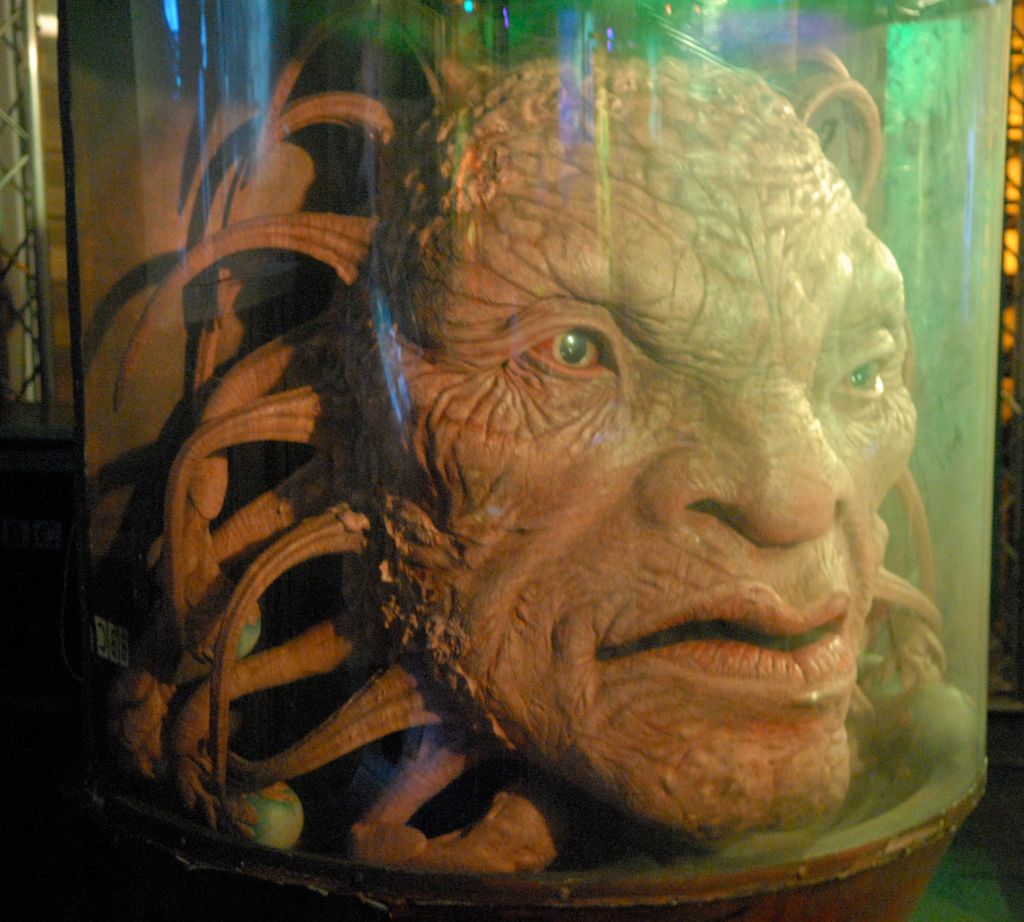
7. **Doctor Who (The Face of Boe)**: The Face of Boe was introduced in Doctor Who as a singularly enigmatic, giant floating head housed in a jar. Its appearances were infrequent but always impactful, typically involving the delivery of cryptic telepathic messages to the Doctor. Its immense age and mysterious existence contributed to its “textbook enigmatic” persona. After countless millennia, its final message—the profound “You are not alone”—served as a pivotal hint to the Doctor that he might not be the last surviving Time Lord in the universe.
For much of the series, the Face of Boe remained a compelling yet seemingly isolated alien entity, an ancient anomaly lacking a profound sentimental connection to the show’s main characters or overarching narrative. Meanwhile, Captain Jack Harkness, a beloved companion, grappled with his own unique predicament: having been resurrected and rendered immortal by Rose Tyler, he worried incessantly about his inability to die, even as he continued to age.
The sensational revelation occurs when Jack, confiding in the Doctor and Martha, discloses a fragment of his past that irrevocably redefines both characters. With a blend of weariness and wonder, he reveals that he was once known as the Face of Boe, a famous poster-boy. This single line connects Captain Jack, the vibrant, immortal companion, to the ancient, dying entity they had encountered multiple times. It adds a layer of profound tragedy and remarkable depth to Jack’s character, explaining his immense age and destiny, and permanently altering the audience’s perception of both him and the iconic Face of Boe. It is a moment of sheer genius that links disparate elements of the Doctor Who universe in a truly heartbreaking and impactful manner.
Beyond the immediate shock of a single line, numerous television series have fundamentally revolutionized the medium itself, pushing the boundaries of storytelling, character development, and production in ways that have permanently shaped modern entertainment. These are the trailblazers—the shows that transcended mere plot twists to redefine entire genres, introduce new formats, and challenge societal norms, thereby demonstrating the immense potential of television as a powerful cultural force capable of intellectual and emotional depth.
From the emergence of complex anti-heroes to the popularization of innovative comedic styles and narrative structures, these series did not merely tell stories; they boldly rewrote the rules for how stories could be told on screen. They captivated audiences not only with their compelling content but also with their audacious creativity and their unwavering commitment to breaking from established traditions, leaving an indelible mark on the industry and influencing countless subsequent shows. They are the giants upon whose shoulders much of today’s prestige television stands, illustrating how innovation can elevate entertainment to an art form and foster a new era of critical appreciation.
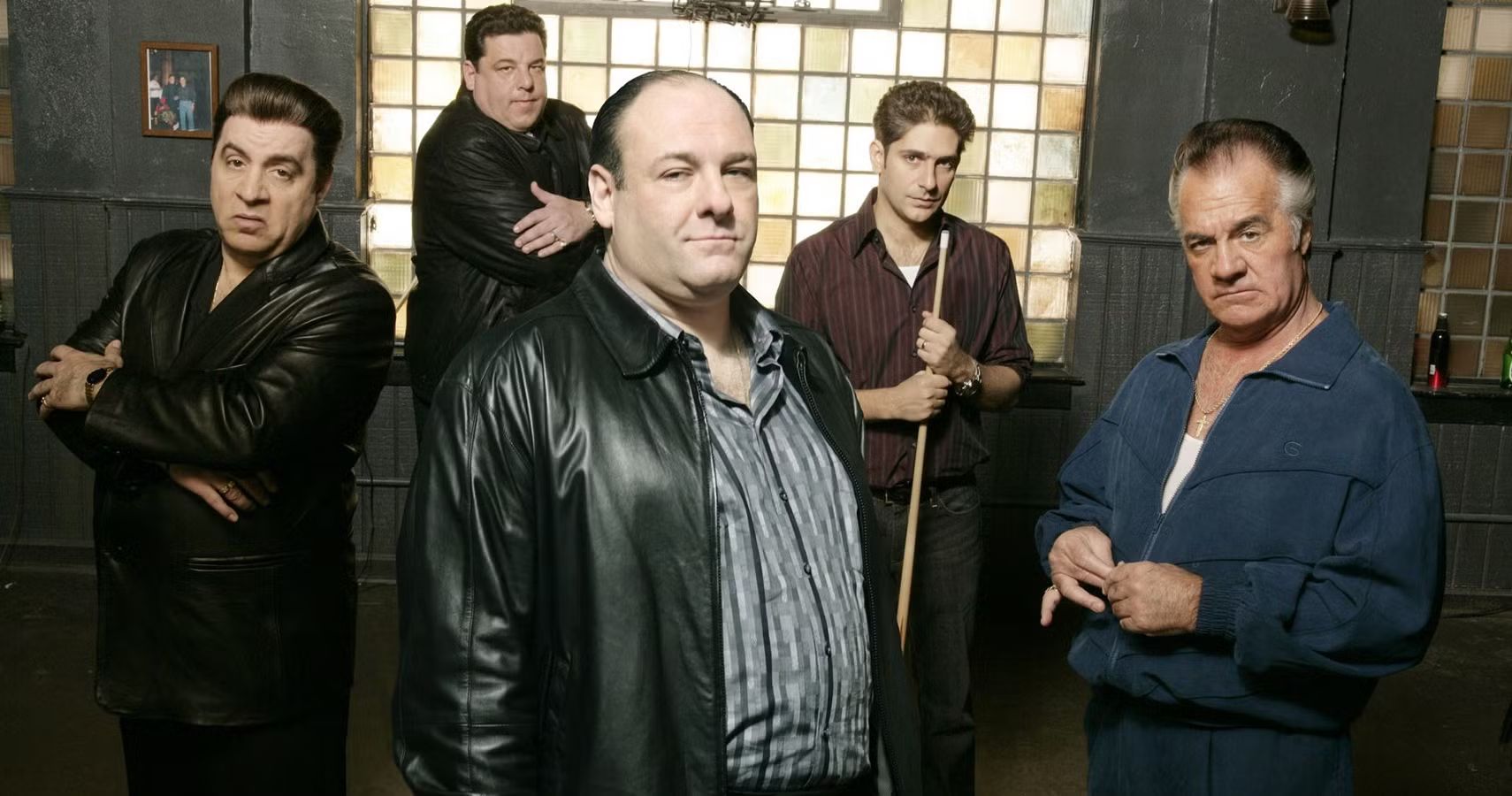
8. **The Sopranos (1999-2007)**: David Chase’s groundbreaking series, The Sopranos, irrevocably transformed the landscape of television by elevating the medium to a cinematic standard. It introduced Tony Soprano, a complex anti-hero brought to life with unparalleled depth by James Gandolfini, who delivered a profoundly nuanced portrayal of a mob boss grappling with both demanding family dynamics and internal struggles with mental health. This series marked a pivotal moment in the burgeoning era of “premium cable,” fearlessly pushing thematic boundaries through its dark themes, often violent imagery, and a distinct anti-establishment tone that sharply contrasted with the typical TV crime dramas of its time.
Its realistic portrayal of organized crime, imbued with profound moral ambiguity and psychological complexity, broke significant new ground. Furthermore, The Sopranos pioneered sophisticated long-form storytelling, wherein each season meticulously built upon intricate character development and narrative complexity rather than relying on episodic resets. This approach enabled a profound exploration of its characters’ inner lives and the long-term consequences of their actions. Its profound cultural impact is undeniable, as it fundamentally reshaped the very nature of television drama, paving the way for the proliferation of anti-hero protagonists that became a hallmark of the subsequent “Golden Age of Television” and permanently altering audience expectations for serialized narratives.
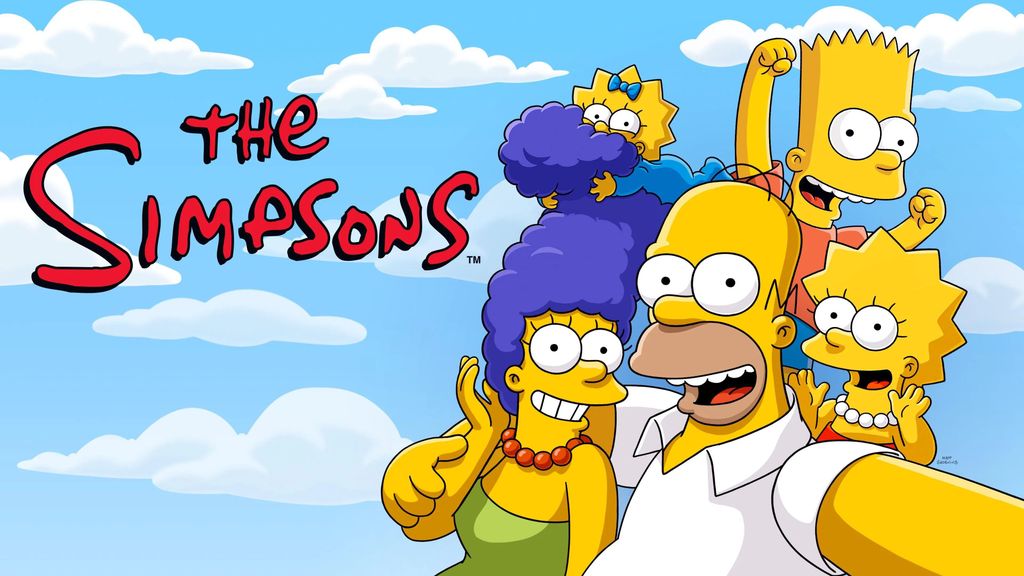
9. **The Simpsons (1989-present)**: As the longest-running American sitcom and animated series, The Simpsons has exerted an unparalleled influence on both television and the broader cultural landscape. Created by Matt Groening, the show ingeniously combines incisive satirical humor, sharp political commentary, and keen social observations, all filtered through the chaotic yet endearing lives of a working-class family residing in the fictional town of Springfield. It stands as the pioneering animated series that successfully appealed to both adults and children, definitively proving that cartoons could effectively address mature and often controversial themes while simultaneously entertaining a remarkably diverse audience.
The Simpsons broke significant new ground by seamlessly integrating a vast array of cultural references, expertly parodying current events, and continually pushing the boundaries of what animation could visually represent and emotionally convey. This innovative approach expanded the scope of animated storytelling on television. Crucially, it laid the foundational blueprint for a multitude of subsequent animated shows, including popular series such as Family Guy and South Park, demonstrating the commercial and critical viability of adult animation.
The show’s distinctive ability to consistently balance sharp wit with genuine emotional depth has firmly established it as a cultural institution, maintaining its unique brand of humor and undeniable relevance among viewers even after more than three decades on air.
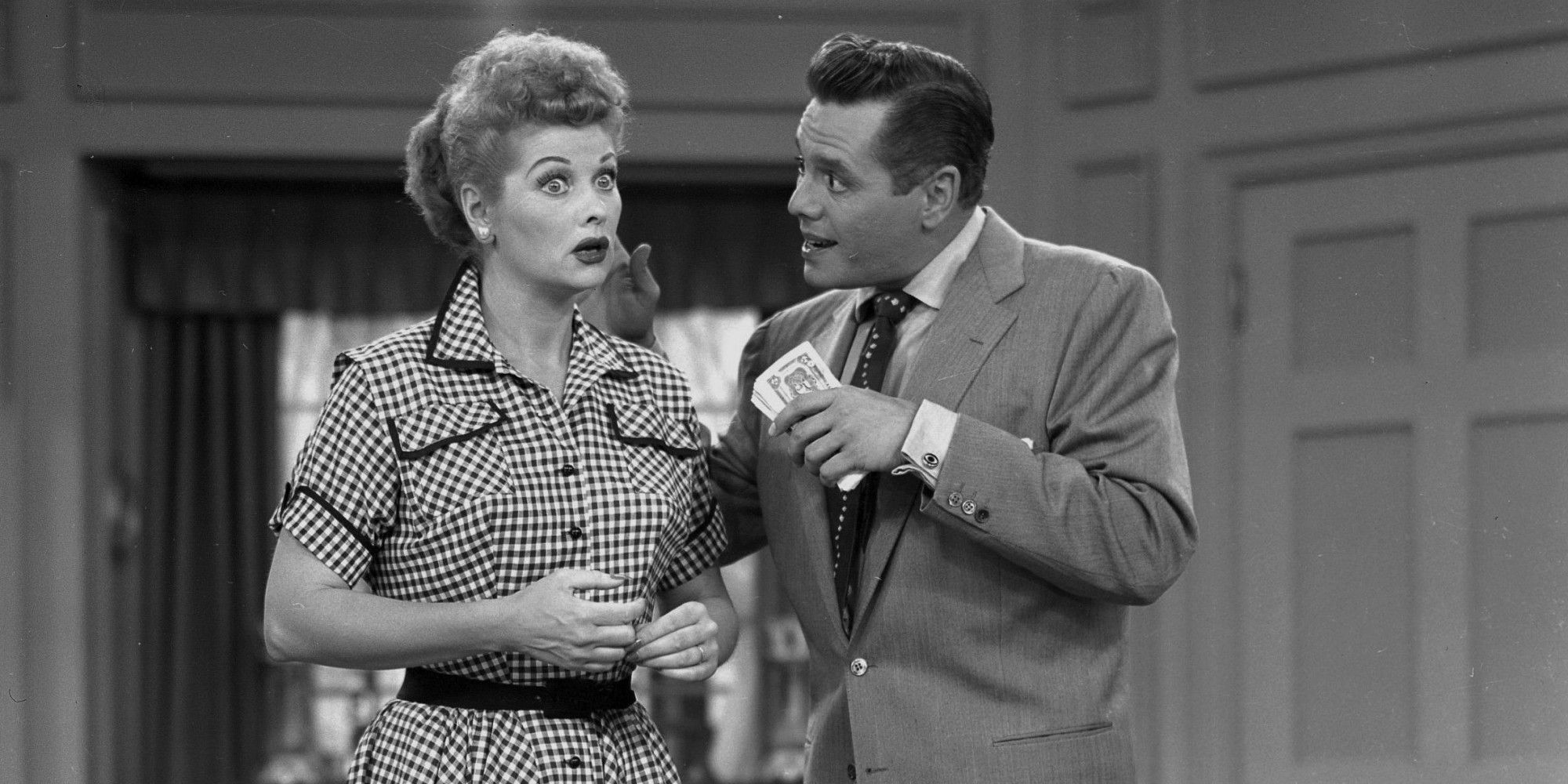
10. **I Love Lucy (1951-1957)**: “I Love Lucy” stands as a revolutionary landmark in television history, not merely for having become one of the first highly successful sitcoms, but crucially for having fundamentally transformed the portrayal and role of women in television. Lucille Ball, in her iconic portrayal of the zany, aspiring actress Lucy Ricardo, single-handedly redefined the lead female character in a sitcom, cementing herself as an unforgettable figure in TV history whose comedic timing was unparalleled. The show also pioneered the multi-camera sitcom format, a groundbreaking innovation that swiftly became the industry standard for decades, enabling live studio audiences and fostering an unparalleled atmosphere of shared comedic timing and immediate viewer engagement.
Its innovative and groundbreaking utilization of physical comedy, particularly Ball’s legendary slapstick humor and expressive facial expressions, profoundly influenced subsequent generations of television comedians, setting a high benchmark for comedic performance. The series also adeptly addressed burgeoning social issues of its era, such as women entering the workforce and challenging traditional gender roles, in a lighthearted yet remarkably impactful manner that resonated with a broad audience. “I Love Lucy” serves as a significant early example of television’s unique capacity to entertain, subtly educate, and even challenge entrenched societal norms, blending uproarious humor with genuine sincerity to establish a definitive template for countless future sitcoms that would endeavor to balance laughter with meaningful social commentary.




